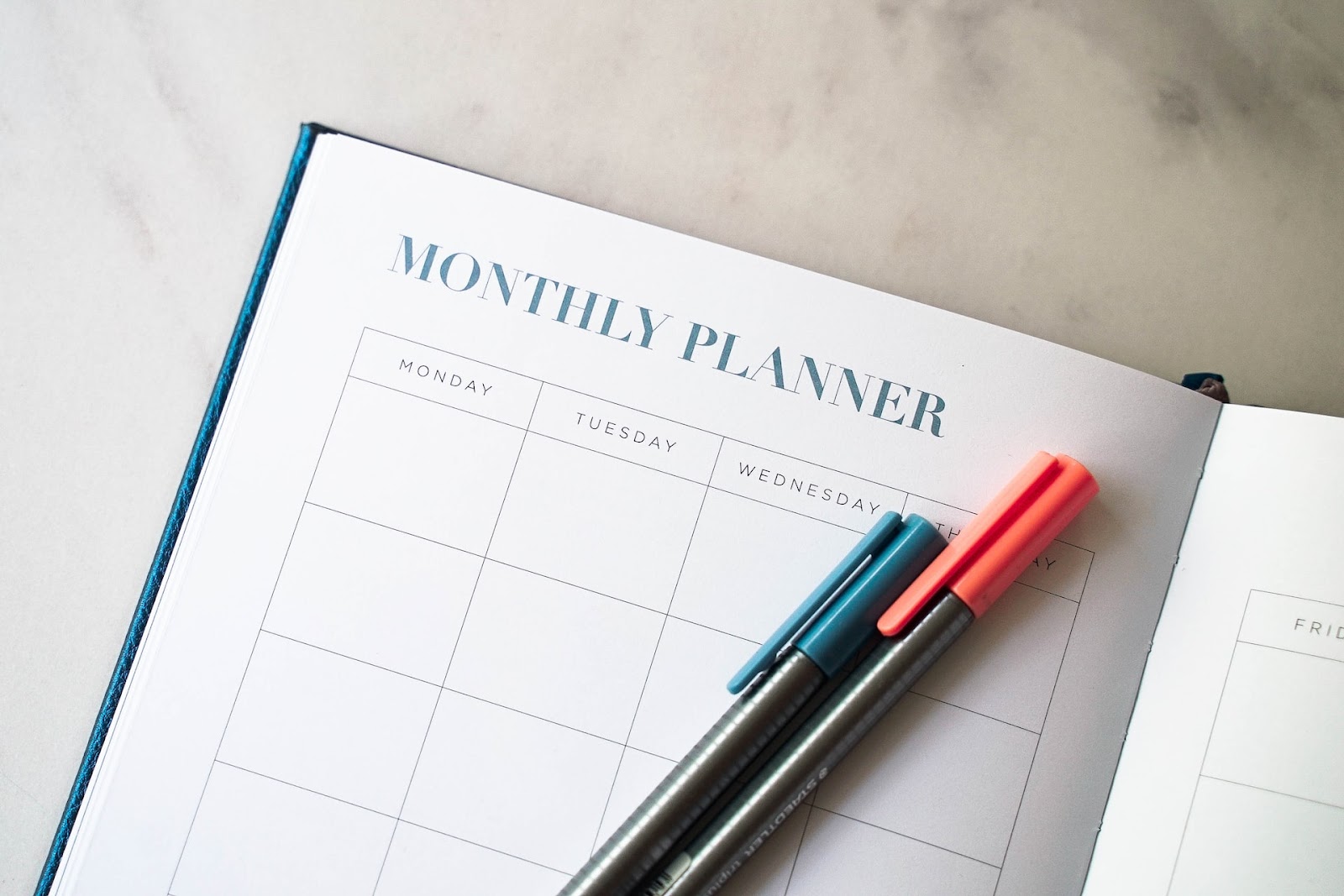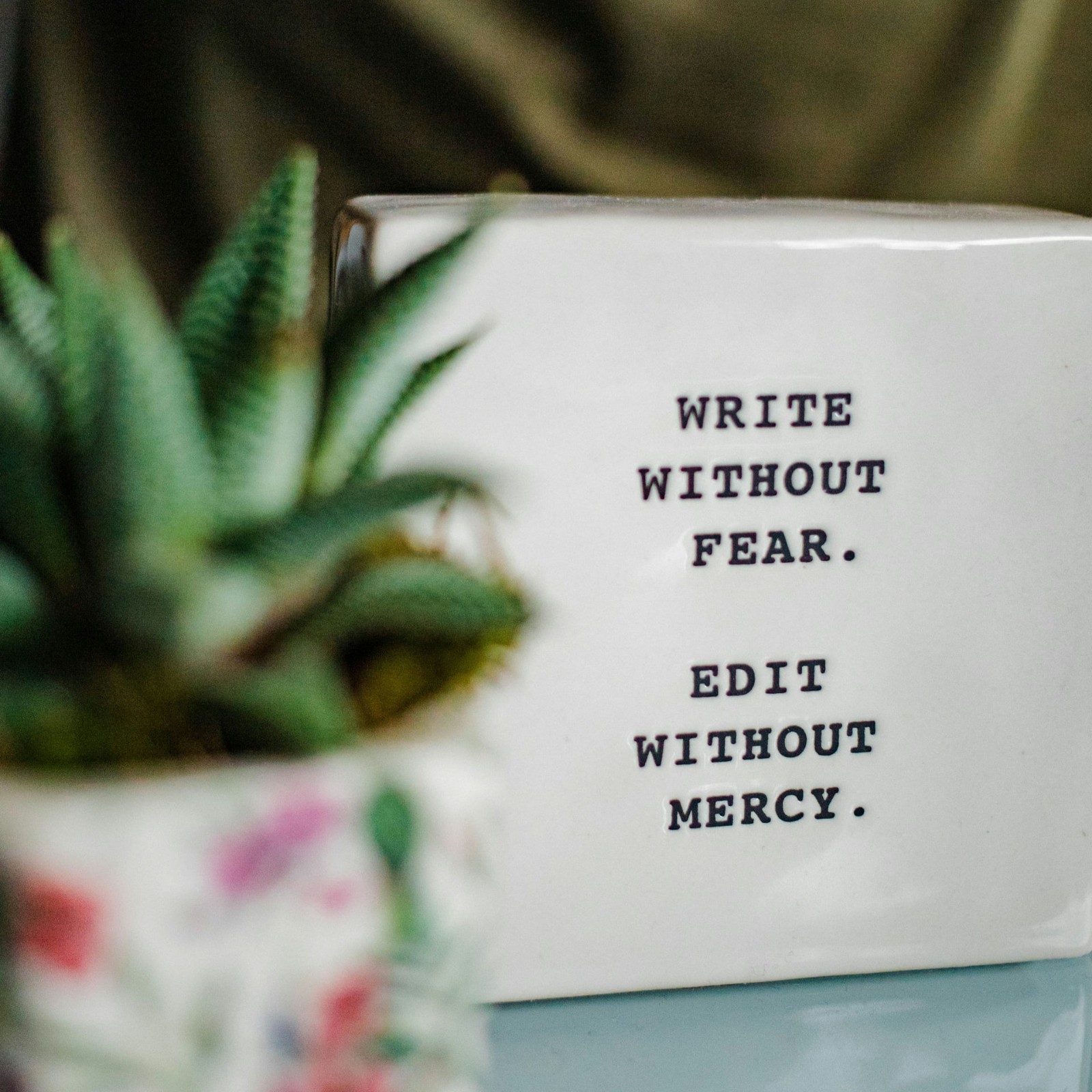Trigger warning: some of the linked articles contain references to suicide and suicidal thinking.
In the second in our series of themed posts I’ve selected articles that mark various mental health awareness days and events. Scroll through or click the link to jump to the relevant section.
- Time to Talk Day (February)
- World Bipolar Day (March 30)
- Mental Health Awareness Week (May)
- Mental Health Awareness Month (May)
- World Suicide Prevention Day (September 10)
- World Mental Health Day (October 10)
- International Men’s Day (November 19)
- Other Dates and Events
I’ve provided a short excerpt from each post, with a link to the original article. I will update the list as relevant posts are published in the future. For a list of other awareness days and events check out the calendar at Mental Health UK.
Time to Talk Day
Time to Talk Day is an awareness event observed each year in early February. It was launched in 2014 by Time to Change, a campaign run in England to end mental health stigma and discrimination. Time to Change closed in March 2021 but the event continues; this year’s Time to Talk Day was organised by Mind and Rethink Mental Illness in partnership with Co-Op.
Newcastle Mental Health Day 2016
Within days, I heard about an upcoming mental health awareness event in the centre of Newcastle, to coincide with Time to Change’s annual #TimeToTalk campaign. I signed up as a volunteer before the voice in my head had chance to intervene. As I wrote in my diary, “Fear of engagement has always kept me on the outside, looking in on the arena. It is time to show up for my life.”
What Does Having a Conversation about Mental Health Look Like?
Having “a conversation about mental health” might sound daunting, but it simply means allowing someone to talk openly about what’s going on for them. It might be a face-to-face conversation, a phone or video call, or a conversation by e-mail, text (SMS), or instant messaging. Whatever works for you and the other person. Whatever the channel, there are a few things that distinguish a supportive conversation from the normal everyday kind. I find the following reminders helpful.
Would You Rather? Time to Talk Day 2020
I have a confession to make. I’d never heard of, let alone played, this “popular game” until I started writing this article. Maybe I don’t get invited to the right kind of parties! To save you the trouble and embarrassment of googling it (as I had to!) the game is played by asking a series of questions of the form “Would you rather [do this] or [do that]?”
Thank You for Not Assuming I’m OK
I wrote recently about feeling flat which is something that happens from time to time. Many of my friends live with significant mental health issues and it would be easy for them to dismiss my accounts of when I am feeling low. It is a testament to them and the nature of our friendships that I feel safe sharing how I feel no matter how mild that might be compared to what are often dealing with.
My friend Aimee Wilson blogs at I’m NOT Disordered about her lived experience with serious mental health issues including borderline personality disorder, self-harm, and suicidality. My moods, issues, and problems are mostly trivial in comparison to hers but Aimee has always treated me with respect and empathy. The following exchange is a great example of this. It meant a lot that she did not assume I was okay but checked to be sure.
Talk. Listen. Change Lives. Time to Talk Day 2022
In a recent intranet post written for Brew Monday, one of the lead Mental Health First Aiders where I work remarked that starting a conversation can be a game-changer for the person needing support. I agree whole-heartedly but I’d go a step further. It can also be a game-changer for the person holding space for the conversation to take place.
World Bipolar Day
World Bipolar Day is celebrated each year on March 30, the birthday of Vincent Van Gogh, who is thought to have lived with a bipolar condition.
The vision of World Bipolar Day is to bring world awareness to bipolar conditions and to eliminate social stigma. Through international collaboration, the goal of World Bipolar Day is to bring the world population information about bipolar conditions that will educate and improve sensitivity towards the condition.
For the past few years, Fran and I have made our books available for free for one week in March to mark World Bipolar Day.
Read the details here: World Bipolar Day 2021 | World Bipolar Day 2022 | World Bipolar Day 2023
Mental Health Awareness Week
Hosted every May by the Mental Health Foundation, Mental Health Awareness Week is an annual UK event offering an opportunity to focus on achieving good mental health. There is a different theme each year; the theme for 2022 was loneliness.
Finding My Tribe
Campaigns such as Mental Health Awareness Week and Mental Health Month attract their share of resistance and criticism for not addressing some of the bigger issues. For me their principal value, and why I support them, is that they bring like-minded — and like-hearted — folk together. That has certainly been my experience. It is in such ways that we build connections, relationships, friendships, communities. It is in such ways that we empower ourselves and each other to address wider concerns and “make a sodding difference.”
16 Ways to Be Kind
We are sometimes called upon to provide long-term help or caregiving for friends, family members, or loved ones, but small acts of kindness are no less important and can make a huge difference to a person’s life, including ours. As individuals and as a society we have never needed kindness more than we do now, in the midst of a global pandemic. In recognition of this, the Mental Health Foundation chose kindness as the theme for this year’s Mental Health Awareness Week (MHAW) which runs from 18–24 May. [...] Here are sixteen ideas to bring more kindness into our lives and the lives of those around us.
It’s Not Enough: Exploring Loneliness for Mental Health Awareness Week
The theme for this year’s Mental Health Awareness Week is loneliness. I can’t always draw on my lived experience when discussing mental health, but loneliness is something I know first-hand. I think that’s true of everyone. We’ve all been lonely at some time in our lives, and yet each of us experiences it in our own way. Keen to elicit some different perspectives, I posted a request on social media for contributions on the theme of “what does loneliness mean to me?” I received some brilliant and heart-moving responses.
Mental Health Awareness Month
Founded in 1949 by Mental Health America (then known as the National Association for Mental Health), Mental Health Awareness Month (also referred to as Mental Health Month) has been observed in May ever since in the United States, and is also marked globally.
Here’s my bit
In 2016, Fran posted original content on Facebook every day during May for Mental Health Awareness Month. We collected her 31 contributions into three blog posts.
At the end of April I realized May would be Mental Health Month. I looked forward to seeing loving energy and attention being brought to those of us who struggle. Inside, my heart leapt. It wanted to contribute. It dawned on me that I could use my words and be vulnerable about things I deal with. I hesitated a bit because frankly that is scary and I would have to be brave.
World Suicide Prevention Day
Established in 2003 by the International Association for Suicide Prevention in conjunction with the World Health Organisation, World Suicide Prevention Day (WSPD) is observed each year on September 10.
Selected Articles for #WorldSuicidePreventionDay
For World Suicide Prevention Day 2020 we’ve compiled a selection of relevant articles we’ve shared over the past few years.
Maybe Even Save a Life: Our Message of Hope for World Suicide Prevention Day
This is a topic very close to our hearts and never far from our thoughts. Suicidal thinking has been part of my friendship with Fran since we met ten years ago. Indeed, it’s how we met, when we each reached out to a young woman who was expressing suicidal thoughts on her social media page. For WSPD 2020, we posted a selection of relevant articles from our blog. This year, we’re sharing an excerpt from the chapter of our book High Tide, Low Tide: The Caring Friend’s Guide to Bipolar Disorder which deals with supporting someone when they’re feeling suicidal. In the spirit of “creating hope through action” we hope it conveys the vital message that each one of us can make a difference to those we care about.
I’m Weak and What’s Wrong With That?
This article was inspired by a friend who questioned something I’d written in an open letter to my father. Here’s what she said:
I did want to briefly comment on something you wrote in your blog post about open letters, in particular the one to your father where you wrote “You never let me see it’s okay to cry and be weak sometimes.”
I question why you put “cry” and “weak” in the same sentence, and it makes me wonder what “weak” means to you, especially since you champion the “fighting stigma” cause. It isn’t “weak” to cry, or to have feelings or emotions — in fact, it’s the opposite. I think that’s important to note, especially when the suicide rates among men are so high — you may want to address that before you send out the wrong message from the one you perhaps intended.
My immediate reaction was to go on the defensive. That’s not what I meant! How could she say that? How could she think that? Did she actually read the whole letter? But then I took a moment to breathe and allowed my instinctive ego response to pass. As it shifted I felt something else: gratitude. My friend had bestowed a valuable gift. She’d offered me the opportunity to look back at what I’d written, consider what those words meant to me at the time, and what they mean to me now.
World Mental Health Day
Organised by the World Foundation for Mental Health and observed each year on October 10, World Mental Health Day (WMHD) is an opportunity to raise awareness of mental health issues and to mobilize efforts in support of mental health.
World Mental Health Day 2019
I know from personal experience how vital it can be that we feel able to ask for help if we need it, and be present for others. By doing so we contribute to a culture in which we are encouraged to share when we need to, and supported when we do. In the words of a quotation commonly attributed to Mohandas Gandhi, “Be the change you wish to see in the world.”
Attending North Tyneside World Mental Health Day Event 2019
Lara from Supporting Stars read three moving poems by local writers, after which it was time for Aimee to give her talk. Almost the entire room was quiet and focused as she shared her lived experience, the success of her blog I’m NOT Disordered, the benefits and pitfalls of social media, and how all of us can play a role in supporting those we care about. The applause Aimee received and the number of people who came to thank her afterwards says a lot about the impact someone speaking plainly and honestly can have. As I told her later, I was a very proud bestie!
Mental Health for All in an Uncertain World
Individuals and organisations will mark WMHD in their own way. Here in the UK, mental health charity Mind’s Do one thing campaign invites us to take one small step towards fostering a more inclusive and open attitude to mental health. [...] This blog post is my “one thing.” As I write I’m thinking about what mental health means to me, my role in the workplace and beyond it, the impact coronavirus has had on me and those I care about, and what the future might hold for us all. Two words characterise it all for me: uncertainty and change.
Do One Thing (A Day, a Week, a Month, a Year, Now, for You) for World Mental Health Day
This post is my invitation to you — and a reminder to myself — to do one thing to counter stigma, discrimination, and unfairness. Not just on WMHD, though. Not just occasionally, when we think about it or are reminded by some awareness campaign. But regularly, repeatedly, reliably, relentlessly; until anyone and everyone in need has access to the support and care they need.
Speaking Up, Speaking Out: Harnessing the Power of the Spoken Word for WMHD
There are few things more compelling than someone telling their story in their own voice. As Fran and I have said elsewhere, “The most important sounds we can ever share with another person are our own voices.” Speaking our truth and listening to other people doing the same counters stigma and discrimination by opening us up to lives lived differently than our own. [...] I’ll focus on my experience of speaking publically about mental health and wellbeing. I’m aware of the irony of writing about how important the spoken word can be; where possible I’ll provide links to video or audio recordings so you can hear me for yourself, if you’d like to!
International Men’s Day
Observed on November 19, International Men’s Day celebrates worldwide the positive value men bring to the world, their families and communities. It aims to highlight positive role models and raise awareness of men’s well-being, including mental health.
I’m Having a Good Day: Connection and Conversation Inspired by International Men’s Day 2021
How goes it?
I’m having a good day. Was on an excellent call this morning about men’s mental health and support groups. Got my MHFA Network call this afternoon too.
Great!!
That little exchange is from a chat conversation with my friend Brynn last Thursday lunchtime. I’d been pretty low for a few days, which she knew, but when I sent those words I was feeling much better. Being able to say that to my friend was important in itself, because it reminded me there are good days as well as rubbish ones. So what had made the difference? In a word, connection.
Men and Mental Health: Resources & Heroes
In this article I’ve drawn together some key statistics on men’s mental health; crisis and support lines; organisations, books, podcasts; and awareness days. I’ve also selected a number of articles written by men which we’ve hosted here at Gum on My Shoe, and a few posts of my own where I’ve touched on my mental health. Finally, I’ve briefly profiled four men who inspire me.
Other Days and Events
A selection of articles relating to other awareness days and events.
OPENM;NDED Mental Health Event
On Wednesday April 18 I had the pleasure of attending the OPENM;NDED mental health event at The Hancock pub in Newcastle. The event was organised by OPENM;NDED in support of ReCoCo (Recovery College Collective). OPENM;NDED is a group of cross-disciplinary cultural managers, practitioners and researchers brought together through study at Northumbria University. ReCoCo is a joint venture between various organisations in the north east, “by and for service users and carers. ... a place where service users are able to make connections and develop their knowledge and skills in relation to recovery.
#LetsTalkFND An Explanation of Functional Neurological Disorder for FND Awareness Day
FND was known as conversion disorder when I was first diagnosed, which is generally labeled as a mental health condition, and usually occurs in conjunction with other mental illnesses. [...] The reality is that FND is right on the boundary between a mental health condition and a neurological one. The precise definition, cause, and treatment are still debated among professionals.
Over to You
If you have any thoughts about the articles we’ve included, or suggestions for other awareness days we might include, please let us know, either in the comments below or via our contact page.
Photo by 2H Media at Unsplash.











